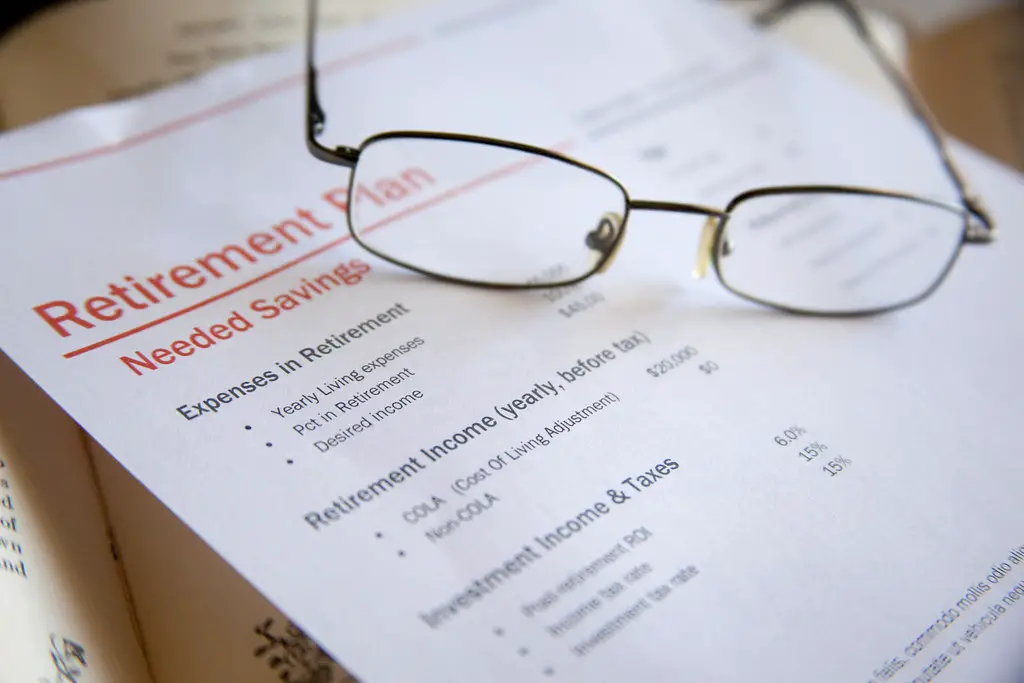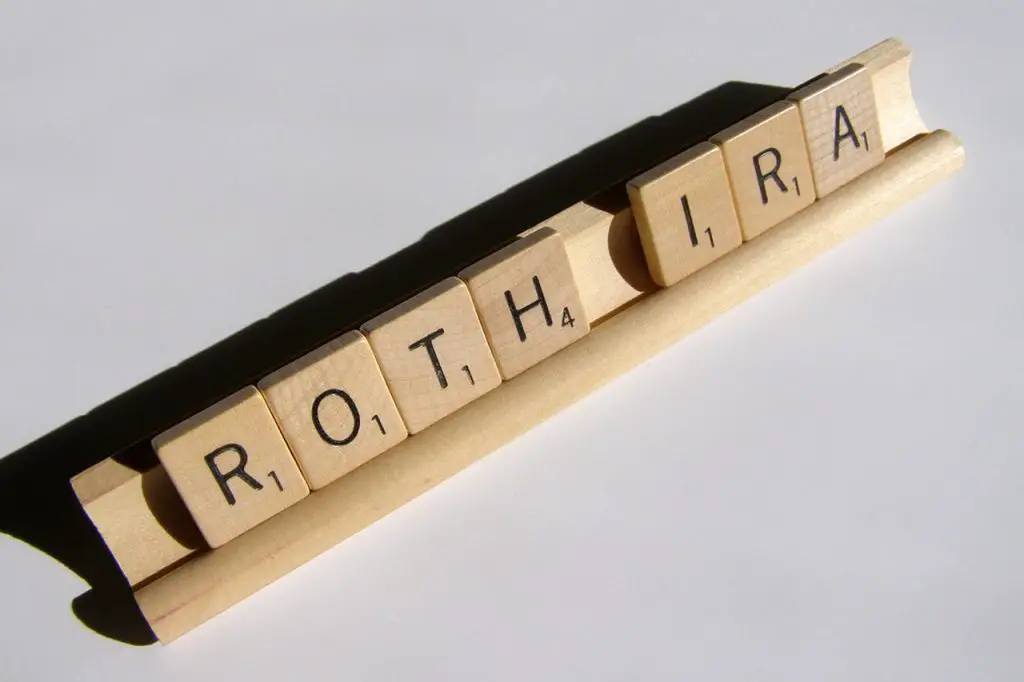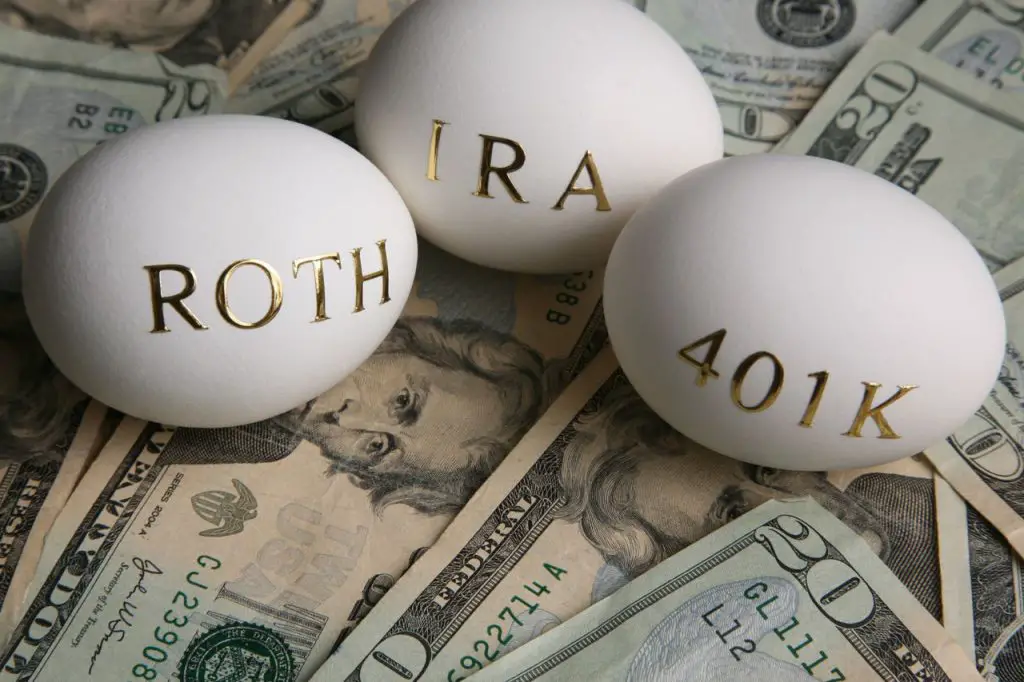
Welcome to Research401k.com – A Complete Resource On Important 401k Retirement Plan Topics such as Rollovers, Roth IRA Accounts, Contribution Limits, Hardship Withdrawals, Self-Employed 401k and more!
Latest 401k News (January 22th, 2020)
– IRS Announces Max 401k Contribution Limits for 2020
Uniform Lifetime Table to Calculate 401k Minimum Required Distributions (MRDs)
To Calculate the MRD, example: If Retiree turns 77 during this year, the MRD is calculated as: MRD = Market Value of
Tax Increase Prevention & Reconciliation Act of 2005 and 401k Retirement Plans
The Tax Increase Prevention & Reconciliation Act (TIPRA) of 2005 was signed into law by President Bush on May 17, 2006. TIPRA includes
Advantages of Making Salary Deferral 401k Contributions
In this article, we will look at the advantages of making salary deferral 401k contributions to employer sponsored retirement programs. 1)
Roth IRA Rules – Roth IRA Retirement Planning
In this section, we look at the general rules that apply to both the traditional IRAs and the Roth IRA. 1)
401k and IRA Rollovers – Direct IRA Rollover Rules – 20% IRA Withholding Law
What is a Direct IRA Rollover? A Direct IRA Rollover is when your 401k retirement savings (or 401k distributions) are
Roth IRA Contribution Limits for 2016, 2017, 2018, 2019, 2020 etc
Any IRA or Roth IRA account you choose to invest in is subject to maximum contribution limits imposed by the
Comparisons between Roth IRA, Roth 401k and Old Traditional 401k Retirement Plans
Effective January 1st, 2006, employers now have the ability to combine the retirement options provided by traditional 401k retirement plans and
Frequently Asked Roth 401k Questions
1) What’s the difference between a Roth 401k and traditional 401k pre-tax deferral plan? In a traditional 401k plan, annual
Roth 401k – A Look at the Final Roth 401k Rules
Starting December 30th, 2005, the US Treasury Department issued and confirmed the Roth 401k Rules for 401k retirement plan savers. These
Differences between 401k Pre-Tax Contributions & After-Tax Contributions
Pre-tax contribution is the amount of deductions you make from your monthly gross wage into your 401k retirement savings account,
Effects of the Pension Protection Act of 2006 on Lump Sum 401k Distributions
Rather than receiving a monthly check upon retirement (annuity payments), many people think of taking out a lump sum distribution (
401k Minimum Required Distributions (MRDs)
401k Minimum Required Distributions (MRDs) are established by the Internal Revenue Code to make sure that retirees actually withdraw their
Become a Millionaire with your 401k Retirement Plan
When asked how to become a millionaire, most people would say “Invest in Real Estate!” While this may partially get
Joint Life Expectancy Table to Calculate Minimum Required 401k Distributions (MRDs)
Retirement Account Owner’s Age (70 – 80) Age of Your Beneficiary Retirement Account Owner’s Age (Your Age) 70 71 72 73 74 75&
Withdrawing Penalty Free Distributions from your IRA (Individual Retirement Account)
The annual pre-tax or after-tax contributions you make towards a 401k retirement savings plan is meant to help you have
Benefits of Having a Spouse for Individual Retirement Accounts (IRAs)
If you have a spouse and are married, your federal tax rate could actually be lower than that of a
IRA (Individual Retirement Account) Rollover v/s IRA Transfers – IRA Rollover Rules
You might think that the terms IRA Rollover and IRA Transfer mean the same thing. While they are similar to
Free 401k Retirement Calculators
To access the free 401k Retirement Calculator, go here. Here is a snapshot of the calculator: Notes from the 401k


















